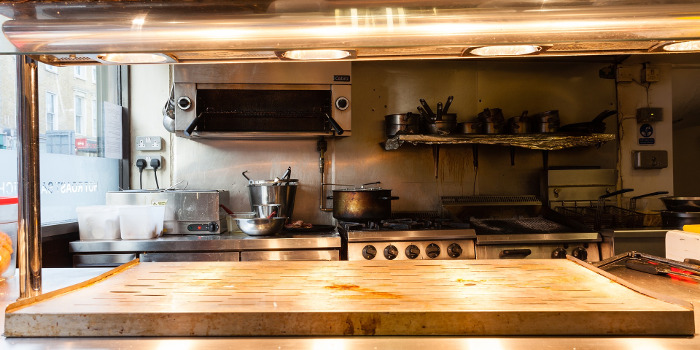Could hospitality waste soon be biofuel?

Turning ‘fatbergs’ into eco friendly fuel – sounds like a rather stinky sci-fi film right? Actually no. A BBC report looks at how one company has taken an innovative approach to finding ways to make fatbergs into biofuel.
What is a ‘fatberg’?
Fats, oils and grease (FOG) in liquid form when disposed of incorrectly into the drainage system mix with food and other sanitary waste, then congeal and harden in the pipes.
A fatberg is a build up of a mixture of the fats, oils and grease that go down the sink from residential, restaurant and hospitality food waste which is coupled with human waste found in a sewer network. The waste combination forms pretty disgusting solid clumps and clogs up the pipes below the ground.
Turning fatbergs into fuel
Water companies spend in excess of $100million per year removing fatbergs that have led to blockages, in order to keep the sewers running. Fatbergs have to be removed, disposed of at specialist processing plants or go to landfill.
In response to this major problem, Argent Energy, is pioneering the large scale commercial production of biodiesel in the UK. It has spent six years coming up with an ingenious way to harvest fatbergs (extracting up to 30 tonnes of fatberg per week) from the 9,000 sewage treatment works in the UK. It has the potential to produce 90million litres of bio diesel annually – around 1% of the total annual engine fuel consumption.
No shortage of fatbergs
Due to domestic cooking habits worldwide, plus restaurants, cafes, hospitality and food manufacturing, there is likely to be no shortage of fatbergs in future decades.
When disposed of down kitchen sinks, toilets or drains, FOG and food waste can cause major problems in pipework and sewers, such as blockages, floods and pollution. Water UK estimates that there are approximately 366,000 sewer blockages in the UK each year, with up to 80% caused by fats, oils and grease, wipes, sanitary waste and other unflushable items.
Disposing of fats, oils and grease with Ward
Everyone needs to do their bit to reduce FOG waste and help prevent blockages in the future. The water industry has published best practice guidelines to ensure that fats, oils and grease are disposed of correctly and do not enter drains and sewers.
Industry recommendations include removal of excess fats before disposal or washing, implementation of grease traps or fat interceptors and enzyme dosing systems. The guidelines also encourage recycling cooking oil and the safe storage and removal of waste oil by specialist collectors.
Contact our Hospitality Waste team on 0345 337 0000 or fill in our contact form for a tailormade solution for storage, collection, removal and safe disposal of your fat, oil and grease waste.
